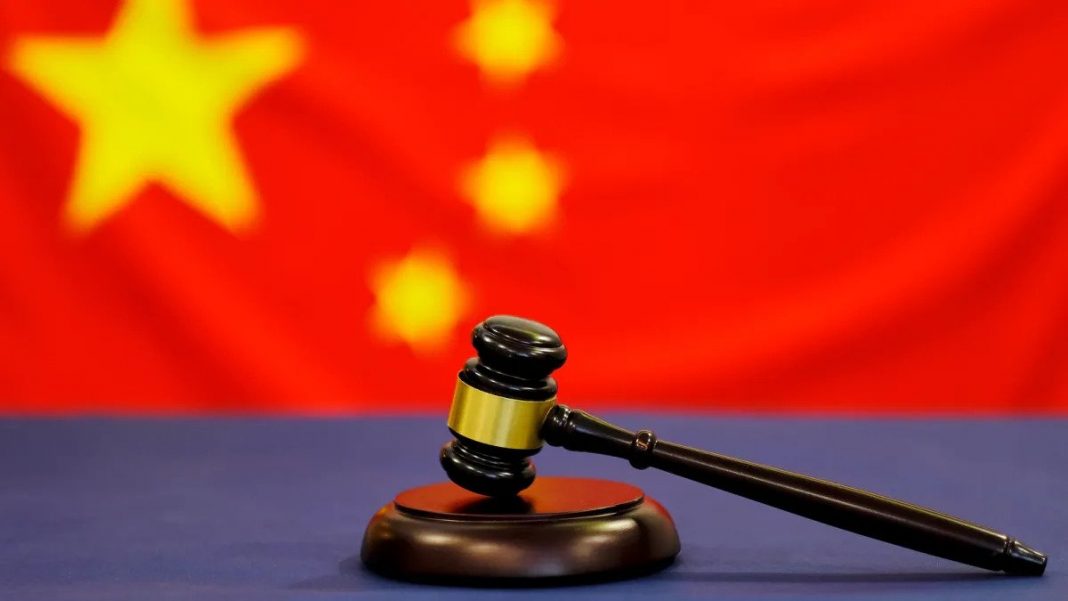As part of a broader crackdown, China has handed heavy fines to firms such as e-commerce giant Alibaba Group and social media behemoth Tencent Holdings and has promised to write new regulations concerning technological innovation and monopolies. China tightened supervision over its technology sector on Tuesday, releasing specific rules aimed at combating unfair competition and corporations’ management of sensitive data.
In recent months, Beijing has tightened its hold on online platforms, citing the risk of exploiting market dominance to restrict competition, misuse of users’ data, and violations of consumer rights, in a turnaround from years of more laissez-faire policy. They also stated that regulations governing food and medicine, natural resources, industrial safety production, urban governance, and transportation would be rigidly implemented.
Authorities will work to design legislation that is compatible with new industries including the digital economy, online finance, artificial intelligence, big data, and cloud computing, as well as better emergency response, they said.
Alibaba, JD.com Inc, and Baidu Inc all dropped between 2.9 and 3.5 percent in premarket trade on the New York Stock Exchange. Futu Holdings (FUTU.O), a Tencent-backed online brokerage, fell 7% and was among the most heavily traded companies on U.S. exchanges, while competitor UP Fintech Holding fell 3%.
Despite posting better-than-expected earnings, Tencent Music Entertainment Group (TME.N) fell 3.8 percent and was on track to lose a sixth straight session.
“The proposed regulations’ specificity evidences a clear set of priorities in setting the ‘rules of engagement’ for online competition,” Michael Norris, research and strategy manager at AgencyChina, a Shanghai-based consultancy, said.
The State Administration for Market Regulation (SAMR) noted in the draught that Internet operators “shall not implement or assist in the implementation of unfair competition on the Internet, disturb the order of market competition, or impact fair transactions in the market,” before a Sept. 15 deadline.
Business operators should not use data or algorithms to hijack traffic or influence users’ decisions, according to the regulator. They may not use utilize technical tools to illegally obtain or use the data of other businesses. Companies would also be prohibited from inventing or disseminating false material in order to harm competitors’ reputations, as well as marketing methods such as bogus reviews, coupons, or “red envelopes,” which are cash incentives meant to attract favorable ratings. China’s cabinet declared shortly after the draught tech rules were published that it will begin implementing measures on protecting vital information infrastructure operators on September 1.
Operators must conduct security inspections and risk assessments once a year and should prioritize acquiring “secure and reputable network equipment and services,” according to the State Council, expanding on the historic Cybersecurity Law passed in 2017. The Chinese government has also purchased shares in the local subsidiaries of social media giants ByteDance and Weibo (WB.O).











